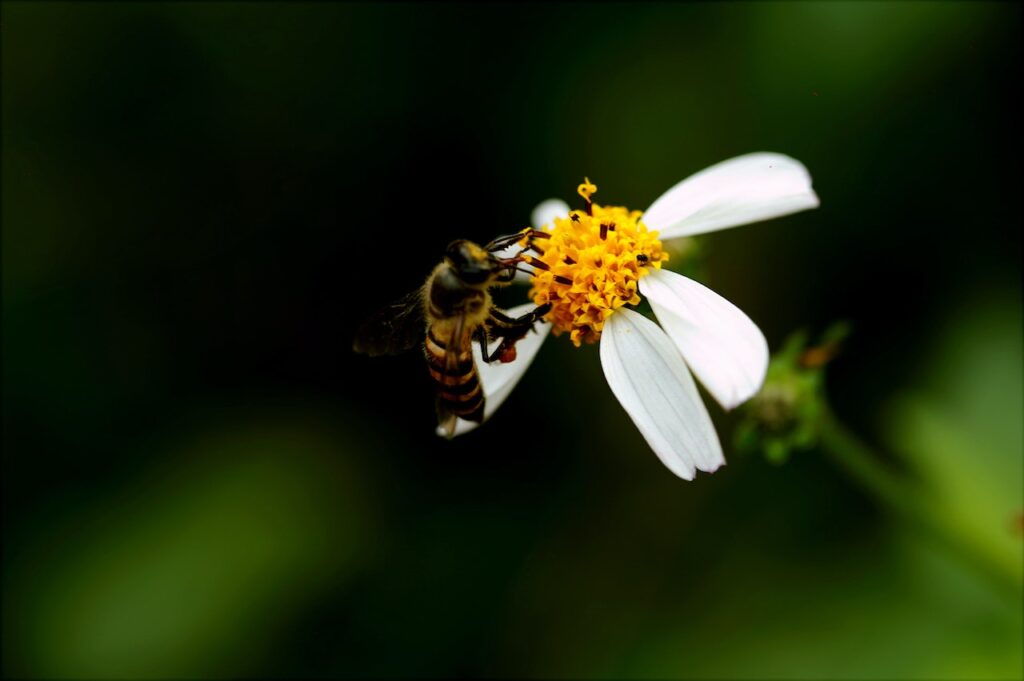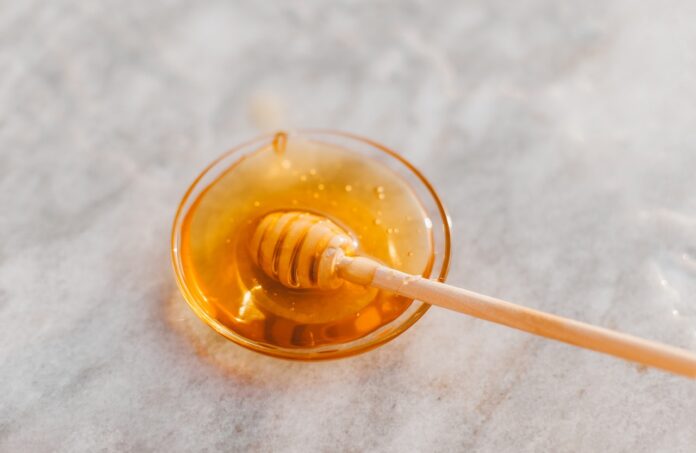Honey, the golden elixir of nature, has delighted our palates and nourished our bodies for millennia. Beyond its exquisite taste and remarkable versatility, honey holds a fascinating secret: it never spoils. Archaeologists have made astonishing discoveries, unearthing pots of honey in ancient Egyptian tombs that are over 3,000 years old and still perfectly edible. In this article, we delve into the captivating world of honey, exploring its incredible longevity and the science behind this remarkable phenomenon.
The Ancient Gift
Picture this: a dusty tomb, sealed for centuries, finally opened by modern archaeologists. Inside, among the treasures and relics of a bygone era, lies a vessel of honey, its golden glow as vibrant as the day it was sealed. These findings have occurred time and again in ancient Egyptian tombs, where honey has been found in a pristine state, ready to defy the ages.

The Secret of Immortality
The reason honey never spoils lies in its extraordinary composition. Honey is a natural product of the laborious work of honeybees. Bees collect nectar from flowers, and through a complex process of enzymatic conversion and evaporation, they transform it into honey. This miraculous transformation results in a substance with a few key properties that ensure its eternal goodness.
Low Water Content: One of the critical factors that make honey immune to spoilage is its low water content. Honey typically contains only about 17-18% water. Bacteria and microorganisms require a higher water content to thrive, making honey an inhospitable environment for these spoilage agents.
High Sugar Content: Honey’s high sugar content, mainly in the form of glucose and fructose, acts as a natural preservative. These sugars create an osmotic effect, drawing water out of any microorganisms that may enter the honey, effectively mummifying them.
Low pH: Honey has a low pH, typically ranging between 3.2 and 4.5. This acidic environment inhibits the growth of many spoilage-causing microorganisms.
Natural Antibacterial Properties: Honey contains hydrogen peroxide, which can act as a natural disinfectant. While the levels of hydrogen peroxide in honey are relatively low, they still contribute to its overall antimicrobial properties.
Timeless Honey in Action
The incredible longevity of honey can be observed in various historical findings. Apart from the ancient Egyptian tombs, jars of honey were discovered in the ruins of Pompeii, the Roman city that was buried by the eruption of Mount Vesuvius in 79 AD. These jars, preserved for nearly two millennia, still held honey fit for consumption. In fact, archaeologists and historians have documented instances of edible honey found in ancient Chinese tombs and other archaeological sites worldwide.
The Culinary Delights of History
Honey’s everlasting nature isn’t just a testament to its scientific composition but also an insight into the culinary practices of ancient civilizations. Throughout history, honey served as a vital sweetener, preservative, and even a sacred substance in various cultures. From mead-making in ancient Europe to medicinal applications in ancient India, honey has left an indelible mark on human history.
Modern Applications
Today, honey’s remarkable qualities extend far beyond its sweet flavor. It’s cherished for its potential health benefits, such as its soothing effect on sore throats and coughs and its use as a natural wound dressing due to its antibacterial properties. Honey also finds its way into an array of culinary creations, from gourmet dishes to artisanal cocktails.
However, it’s important to note that not all honey is created equal. Raw, unprocessed honey retains more of its natural properties and health benefits compared to highly processed varieties found on supermarket shelves.
Conclusion
The discovery of perfectly edible honey in ancient Egyptian tombs, dating back over 3,000 years, is a testament to the timeless allure of this precious substance. Honey’s unique combination of low water content, high sugar levels, acidity, and natural antibacterial properties makes it virtually immune to spoilage. This incredible preservation of honey allows us to savor a taste of history and underscores the profound connection between humans and the natural world.
So, the next time you drizzle honey on your morning toast or stir it into your tea, remember that you are not just indulging in a sweet treat; you are partaking in a tradition that spans millennia, a tradition that recognizes honey as nature’s timeless treasure.


